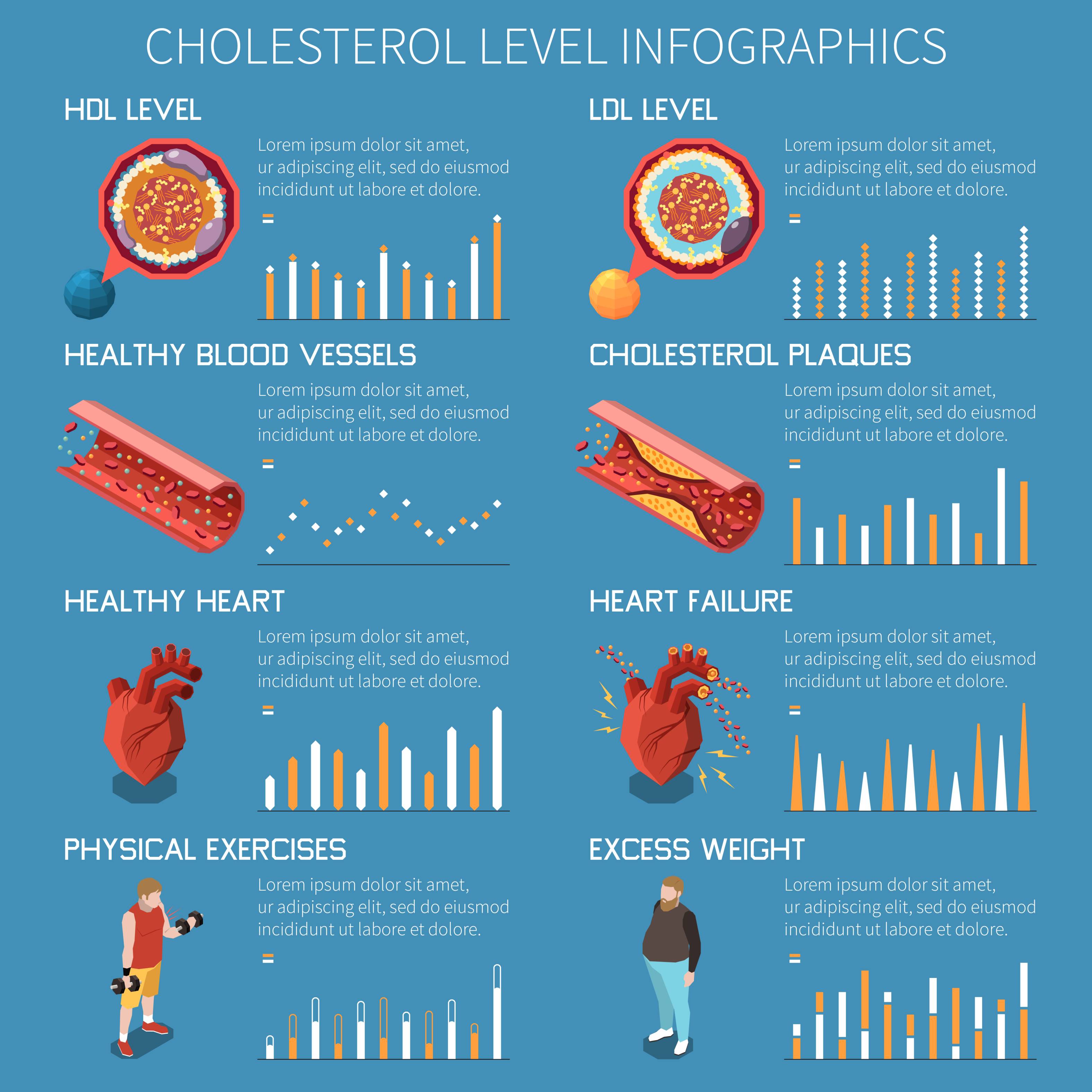
Complications and Risks Associated with Aortic Valve Stenosis
Introduction: Understanding Complications of Aortic Valve Stenosis: Simplified
Aortic Valve Stenosis (AVS) is a condition characterized by the narrowing of the aortic valve in the heart, which can lead to various complications and health risks. These complications can significantly impact your quality of life and overall health. Let’s explore these complications in simple terms to help you understand the potential challenges associated with AVS.
1. Heart Failure
As AVS progresses, the heart must work harder to pump blood through the narrowed valve. This increased workload can lead to hypertrophy, where the heart muscle thickens in an attempt to compensate. Over time, the strain on the heart can weaken the heart muscle, resulting in heart failure. Symptoms of heart failure may include fatigue, shortness of breath, and fluid retention, which can cause swelling in the legs and abdomen. Early detection and treatment are crucial to manage heart failure effectively.
2. Chest Pain (Angina)
Reduced blood flow through the narrowed aortic valve can cause chest pain, commonly referred to as angina. Angina occurs when the heart does not receive enough oxygen-rich blood during physical activity or stress. Patients may experience a feeling of pressure, squeezing, or heaviness in the chest, which can sometimes radiate to the arms, neck, or jaw.
Angina can worsen over time and may become a sign of more severe heart complications, emphasizing the importance of seeking medical attention if chest pain occurs.
3. Fainting Spells (Syncope)
In severe cases of AVS, the reduced blood flow to the brain can lead to fainting spells, also known as episodes of syncope. This can happen during exertion, sudden changes in position, or emotional stress. Syncope occurs when the brain does not receive enough oxygen due to inadequate blood flow, which can be alarming and may increase the risk of falls and injuries. Individuals experiencing recurrent fainting episodes should consult their healthcare provider for evaluation and management.
4. Arrhythmias
Aortic Valve Stenosis can increase the risk of developing irregular heart rhythms, known as arrhythmias. One common type of arrhythmia associated with AVS is atrial fibrillation, which can lead to a rapid and irregular heartbeat. Symptoms of arrhythmias may include palpitations, dizziness, lightheadedness, and shortness of breath. If left untreated, arrhythmias can lead to serious complications, including an increased risk of stroke and heart failure. Regular monitoring and treatment are essential for managing these conditions effectively.
5. Stroke
Individuals with Aortic Valve Stenosis are at a higher risk of developing blood clots, particularly if they have arrhythmias like atrial fibrillation. When a blood clot forms in the heart, it can travel to the brain and cause a stroke, leading to permanent neurological damage. Stroke symptoms may include sudden weakness or numbness on one side of the body, difficulty speaking, or severe headache. Immediate medical attention is vital if stroke symptoms are present, as early treatment can significantly affect outcomes.
Conclusion
Understanding the complications and risks associated with Aortic Valve Stenosis is essential for early detection and intervention. If you experience any symptoms or complications associated with AVS, such as chest pain, fainting spells, or irregular heartbeats, it’s crucial to seek medical attention promptly. By managing AVS effectively through lifestyle changes, medications, and possibly surgical interventions, you can reduce the risk of complications and improve your overall quality of life. Staying informed and proactive about your heart health is key to living well with Aortic Valve Stenosis.
To seek medical advice, always consult a Doctor.
Here are our recommended experts.
Click here
To read more on Heart Disease . Click Here

